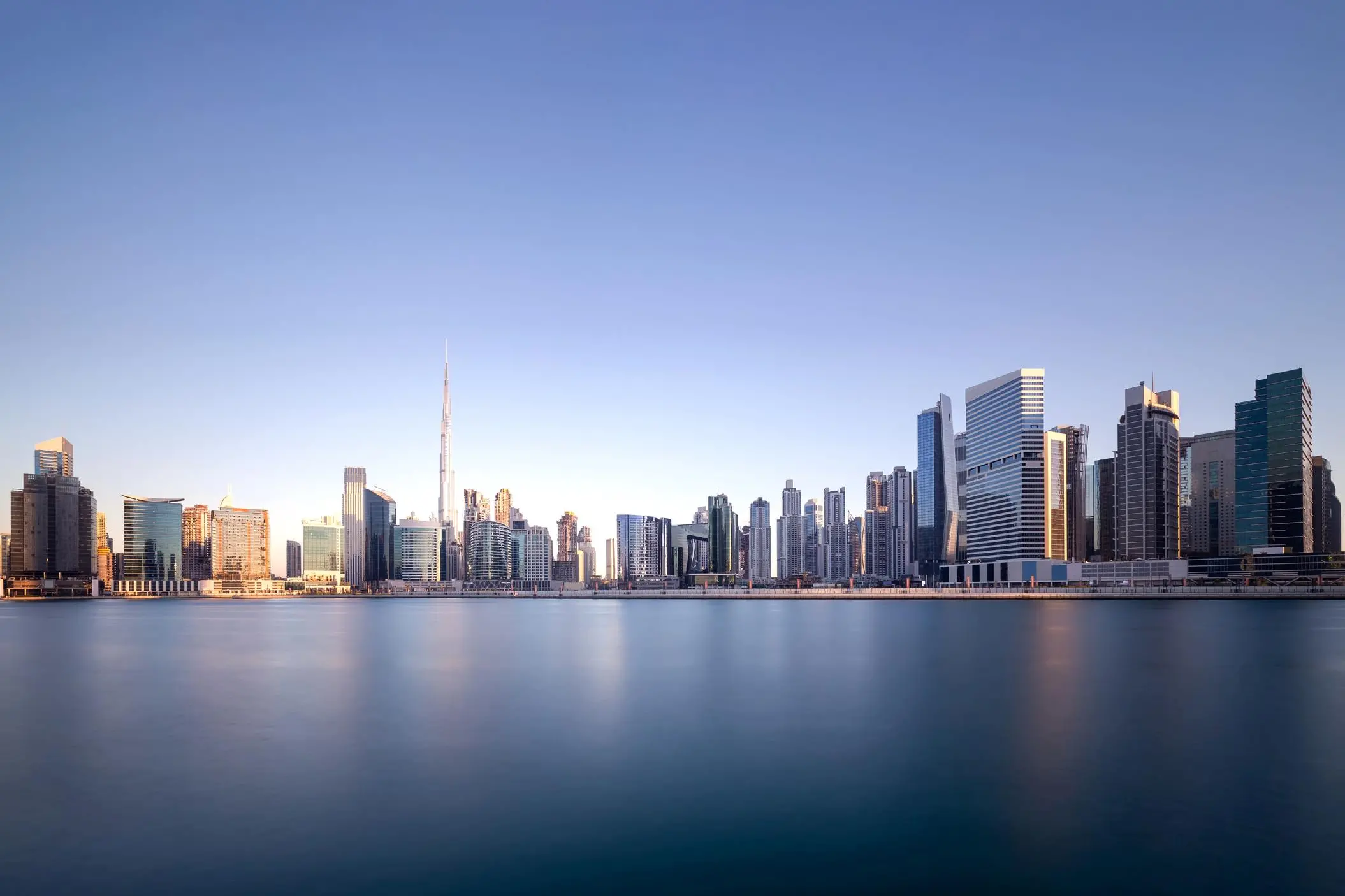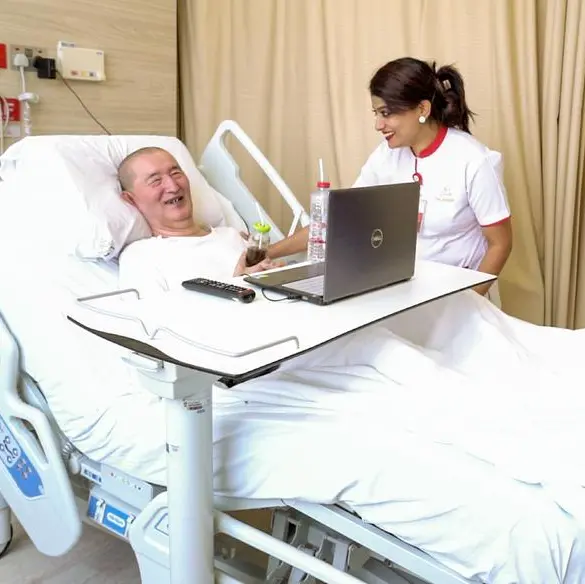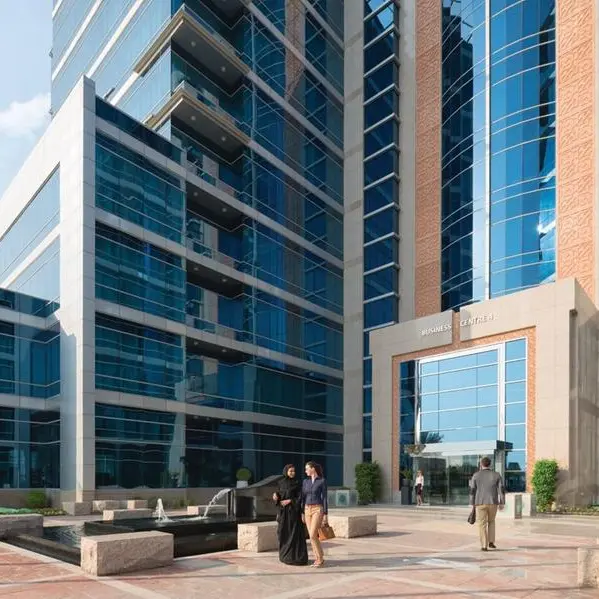PHOTO
Dubai’s residential property sales prices have not reached the bottom yet, with declines likely to continue beyond 2021, according to real estate services firm JLL.
The property market was subdued for the most part of last year due to the coronavirus pandemic. During the fourth quarter of 2020, rental prices posted a 12 percent decline compared to a year earlier, while sales prices dropped by eight percent.
JLL said there was resilience and movement in the emirate’s residential sector towards the end of 2020 following the disruption from COVID-19, but price declines are still expected to continue.
No drops further than 20%
Dana Salbak, JLL’s head of research for the Middle East and North Africa (MENA) region, noted that prices in the rental sector are already four percent below the lowest point in the years 2010 and 2011, following the global financial crisis. However, sales prices are still 20 percent above those levels.
“That is not to say that the markets will drop a further 20 percent in 2021. The market has been resilient for sales prices, and transactions have picked up in the latter part of the year,” she said.
“We are seeing more end-user activity, more focus on the secondary market, and we are seeing healthy demand for villas and townhouses, a natural outcome of people wanting to be in bigger spaces as a result of COVID-19, whether it is for home schooling or working from home.”
There will be further price declines in 2021, she said, but she added that these are most likely to be in single figures.
Oversupply
The issue of oversupply was also addressed at the webinar, which was on the “MENA Property Market Review and Predictions for 2021”.
Salbak said there are currently 600,000 residential units in the Dubai market, and the figure is around half of that in Abu Dhabi, with an oversupply of residential units, both villas and apartments, in Dubai.
“That is going to put further downward pressure on the markets going forward,” she said. “Yes, there is a lot [of] supply under construction so that it is likely to be phased out. We are seeing materialisation of 40 percent, where projects are being put on hold, or delayed, or even projects that are finished are not being handed over for the sake of stabilisation in the market.”
Close to 40,000 residential units were handed over in Dubai in the second half of the year, compared to 4,000 in Abu Dhabi, a sign of greater control over the supply of properties in the capital, Salbak said.
(Reporting by Imogen Lillywhite; editing by Cleofe Maceda)
Imogen.Lillywhite@refinitiv.com
Disclaimer: This article is provided for informational purposes only. The content does not provide tax, legal or investment advice or opinion regarding the suitability, value or profitability of any particular security, portfolio or investment strategy. Read our full disclaimer policy here.
© ZAWYA 2021





















